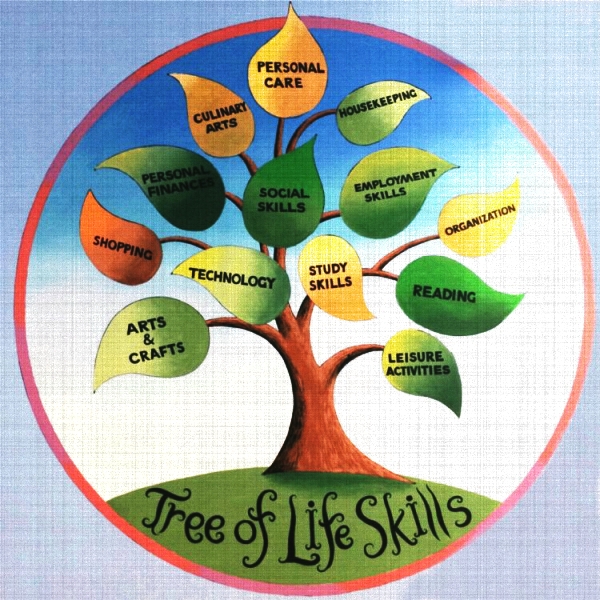Obtaining a bachelor’s degree is already a considerable accomplishment. For most people, it serves as the official milestone that launches them into adulthood and prepares them to take on the world of full-time work. Unfortunately, a growing number of undergraduates are finding it difficult to enter the job market without an advanced degree.
According to a Harvard Business Review post, two-thirds of college graduates struggle to launch their careers. Additionally, a workforce analytics firm, Burning Glass, found that 20% of positions expect a certificate for a certain skill. So, you might land an interview, but employers aren’t confident enough to validate your abilities by your degree alone.

That said, tuition costs and the added length of time out of employment can make pursuing a master’s degree a tough decision. For this reason, it’s worth exploring the most compelling reasons to obtain one.
Reasons to Pursue a Master’s Degree
Networking Opportunities

Graduate schools put a strong emphasis on developing your network and making professional connections with students and faculty members. Not only will this teach you valuable social skills, but it’ll also help you form connections with professionals who can help you advance through the career world in the future.
You Can Do It Online
If the prospect of spending another few years in a cramped student accommodation eating ramen and walking miles every day puts you off, you’ll want to know what can I do with an mph, as that is just one degree that allows you to obtain your master’s online. This allows you to benefit from added flexibility, lower expenses, self-paced learning and much more.

Your time management skills will also improve, as will your self-motivation – both of which are highly valued by employers. If you want to branch out and obtain a dual degree, online universities are once again the way to go. For instance, if you’re in nursing, take a look at this dual MSN MBA online degree for an idea of what to expect.
Invest in Yourself

A master’s degree isn’t just a way of postponing the end of your life as a student. It’s an investment in your own potential. Think of it as an academic version of professional training – one that will help you zero in on what you’re most passionate about, hone your skills and become an expert in your field before even entering it.
Financial Prosperity
According to the Bureau of Labor Statistics, the average employee with a master’s degree earns in excess of $10,000 more than an employee with a bachelor’s. In some industries, graduates earn 20% more than undergraduates. Over the course of your career, your higher salary will easily amount to hundreds of thousands of dollars in additional earnings.

This may not seem as realistic or important while it isn’t tangible, but your future self will benefit greatly. The money you earn can be put towards dream vacations, family support, charities, savings, and comfortable retirement. Economic uncertainty is forever looming, and having a master’s will ensure your financial prosperity for as long as you’re around.
Life Skills
Earlier, we touched on how studying for a master’s degree helps improve your social skills. However, this isn’t the only valuable life skill you’ll learn. The time, dedication and effort it takes to complete your studies is a powerful character-building experience that will mold you into a successful professional as you move into your adult life.

You will also learn valuable leadership skills that will help you build your confidence and provide a platform on which you can learn a variety of other life skills. This includes time management, interpersonal skills, creativity, self-reflection, problem-solving, taking initiative, open-mindedness and much more.
Inspiration to Achieve
Graduate schools are home to some of the greatest leaders and thinkers in their respective fields. From esteemed faculty members to famous guest speakers to exceptional students, you’ll constantly be surrounded by inspiring people. When this happens, staying motivated to achieve becomes immensely easier.

In addition to the inspiring people, you might also gain access to exciting tools and technologies not found elsewhere in the world. This can include the latest nanotechnologies and computing systems to high-end equipment, such as spectral imaging scanners and advanced medical tools. This makes studying an exciting and fascinating experience.
Employability

The job market is becoming increasingly competitive in many sectors, and the most desirable jobs seldom require less than an advanced degree. Being able to display a master’s on your resume will help you avoid wasting countless hours job-seeking and traveling to interviews only to get turned down.
Contribution to Society
Being passionate about a subject and knowing it inside-out is key to helping you contribute to society within a professional or academic field. Students who pursue a master’s degree often grow a strong desire to become a contributor and not just a learner.

Since higher education institutes are some of the biggest contributors to the world’s knowledge, being part of that system gives you the opportunity to participate in their contributions. Whether it’s joining a research team or helping a group to conduct a study, there’s no telling what you’ll discover and subsequently be able to offer society.
In addition to the rewarding feeling of being a contributor, your efforts will also open the door to recognition. If you conduct some particularly exceptional research while studying, you could be recognized for that achievement by receiving accreditation or being invited to present your paper to an audience.
This can further increase your employability and make you a highly desirable graduate among the top companies in your field. The opportunities are as strong as your willingness to take them on and achieve what nobody else has before.
From valuable life skills to exciting study environments, networking opportunities and financial security, there are many compelling reasons to pursue a master’s degree. If you want to open the door to a wealth of personal and professional development opportunities, taking your education to the next level is a reliable way to make it happen.
